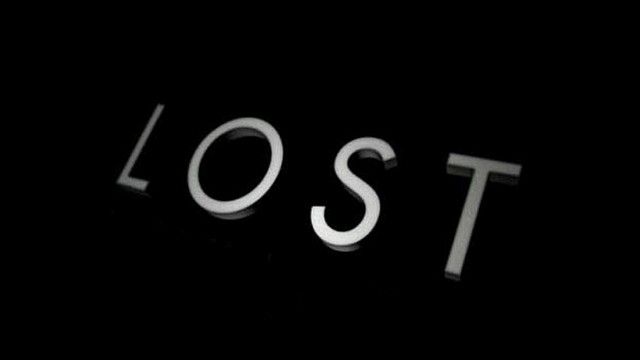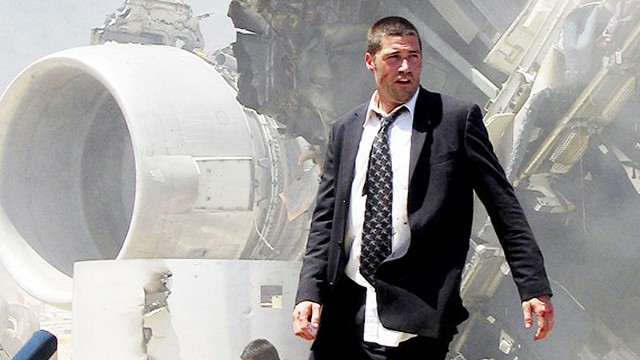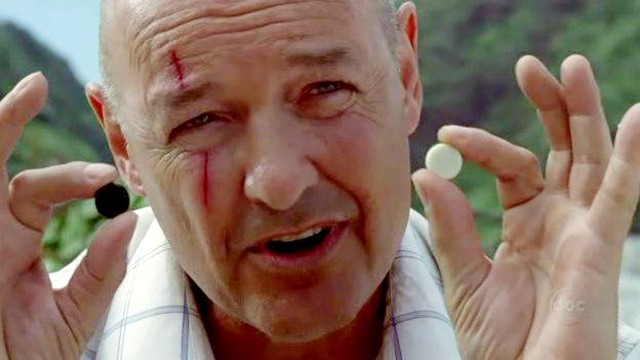- 18,365
- 33,946
- Joined
- Mar 27, 2004
A remarkable letdown. One that will be a defining moment of the past decade.
They were so close, so very close, to delivering a perfect final season. All the pieces were there. It felt like only a singular genius idea would be able to explain the island and everything else that was happening, and that idea, once revealed, would enshrine Lost as one of the top 5 TV shows of all time.
Instead they gave us season 6.

It wasn't even that bad on its own. But compared to everything else it was mediocre at best.
They were so close, so very close, to delivering a perfect final season. All the pieces were there. It felt like only a singular genius idea would be able to explain the island and everything else that was happening, and that idea, once revealed, would enshrine Lost as one of the top 5 TV shows of all time.
Instead they gave us season 6.

It wasn't even that bad on its own. But compared to everything else it was mediocre at best.









 . Dirty.
. Dirty.